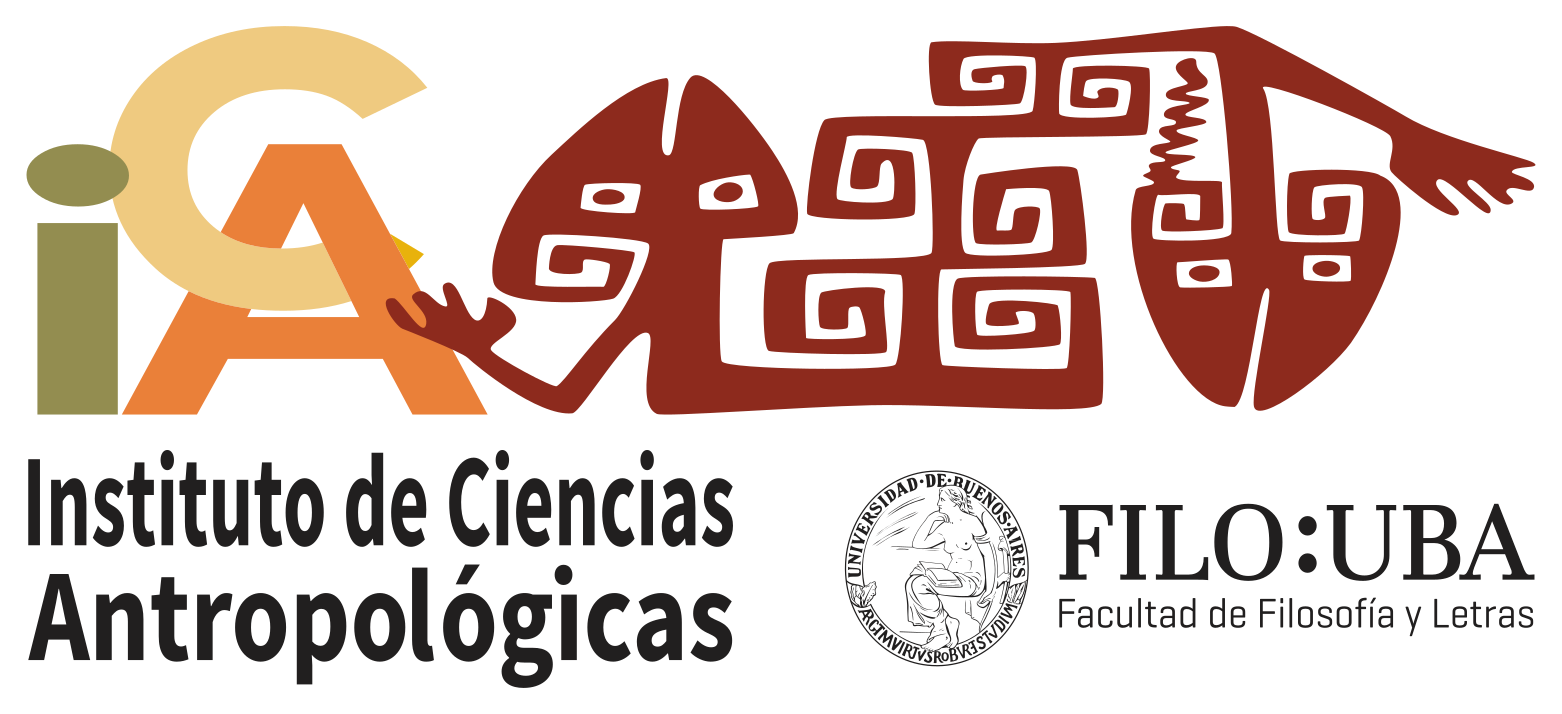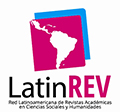Reflexiones críticas sobre el concepto de Transposición Didáctica de Chevallard
Abstract
The aim of this paper is to be a critical view of some of the central concepts of the anthropologic theory of Didactic of Mathematics, and its potential as a general view for a Didactic of the Scientific Knowledge. The starting point is the concept of Transposition Didactique (Didactical Transposition). New points of view are shown in order to reach a new conception of teaching as a way of working on the objects of culture. From this view it can be visualized the division between the didactical work in terms of conception and execution, and its meaning in terms of hegemony. Another point of view is the reflection on the role of this concept in the constitution of the didactic discipline in the scientific field. About this specific point there is a critical position regarding Chevallard’s proposal about the constitution of the object of investigation and its independence from the subjectivity of the investigator. Finally, importance is critically attached to the wide view of knowledge proposed by Chevallard and its operation in the anthropologic field.Downloads

Esta obra está bajo una Licencia Creative Commons Atribución 4.0 Internacional
Cuadernos de Antropología Social sostiene su compromiso con las políticas de Acceso Abierto a la información científica, al considerar que tanto las publicaciones científicas como las investigaciones financiadas con fondos públicos deben circular en Internet en forma libre, gratuita y sin restricciones.
Los contenidos y opiniones expresadas en los artículos publicados son de entera responsabilidad de sus autores.
Los autores/as que publiquen en esta revista aceptan las siguientes condiciones:
- Los autores/as conservan los derechos de autor y ceden a la revista el derecho de la primera publicación, bajo la licencia de atribución de Creative Commons, que permite a terceros utilizar lo publicado siempre que mencionen la autoría del trabajo y a la primera publicación en esta revista.
- Los autores/as pueden realizar otros acuerdos contractuales independientes y adicionales para la distribución no exclusiva de la versión del artículo publicado en esta revista (p. ej., incluirlo en un repositorio institucional o publicarlo en un libro) siempre que indiquen claramente que el trabajo se publicó por primera vez en esta revista.














